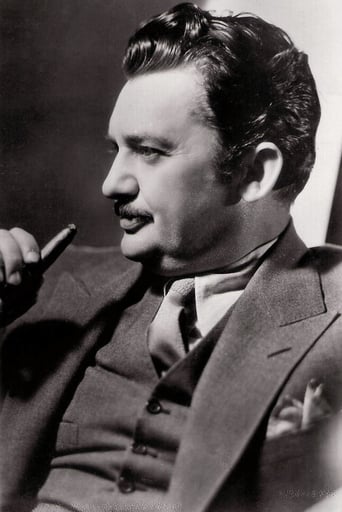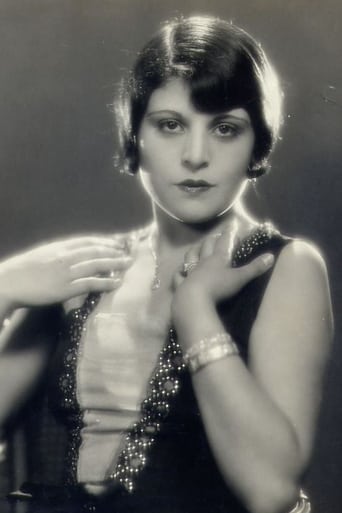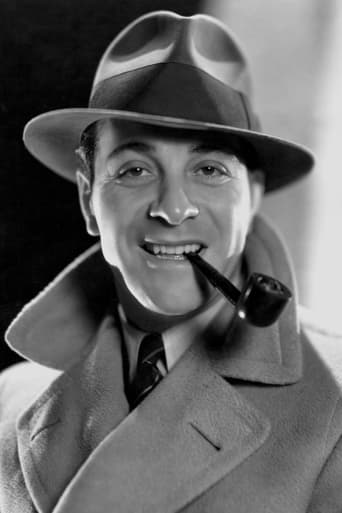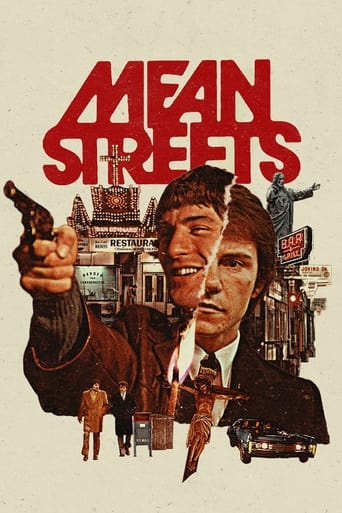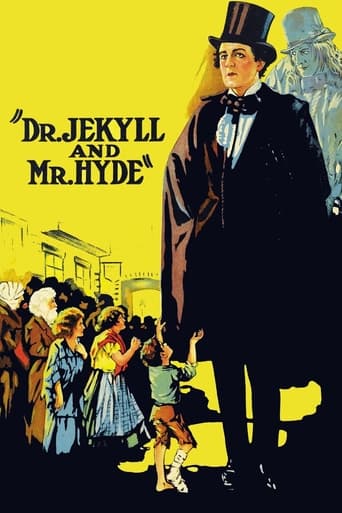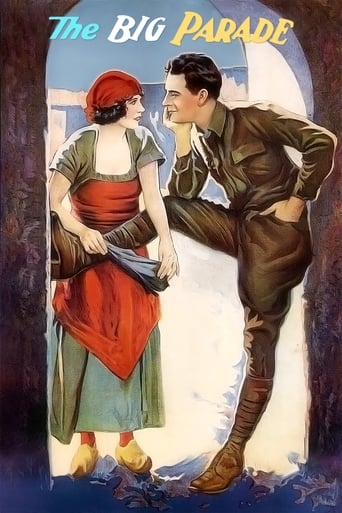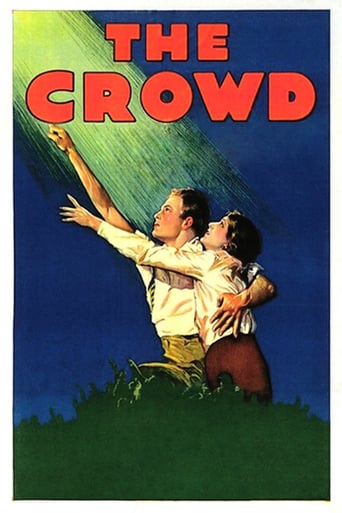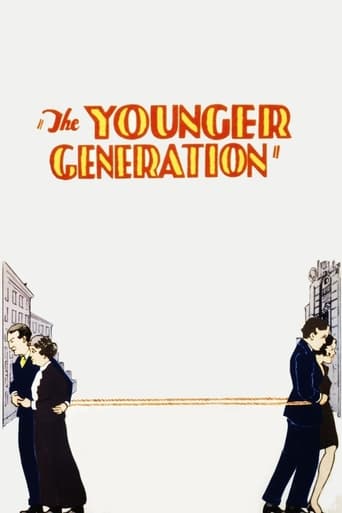
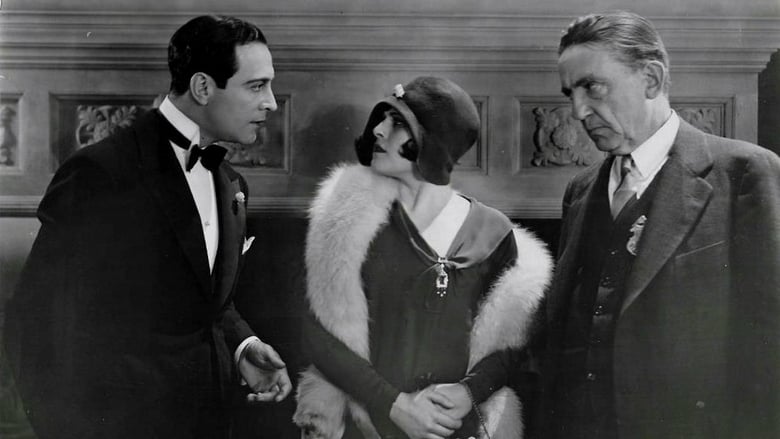
The Younger Generation (1929)
Soap-opera about a social-climbing Jewish man and his old-world parents who are heartbroken by his rejection of them. Young Morris Goldfish follows his immigrant father into business. His ruthless business practices cause him to become a big success, and he moves the family to Park Avenue. They go, but were happier back on the East Side. Morris is ashamed of this parents and his humble origins, but learns in the end that there is more to life than money.
Watch Trailer
Cast


Similar titles
Reviews
Very disappointing...
The Worst Film Ever
everything you have heard about this movie is true.
A waste of 90 minutes of my life
I just had the opportunity to see this film on our most valuable classic film resource, TCM. It was good to see, purely for historic purposes regarding Frank Capra's career. One good thing about the silent parts is that if you had taped or Tivo'd the film, you can scan the silent scenes at double speed and still follow the story. One curious thing (stemming from the original story) stood out for me though; if I wanted to change my name from Goldfish to a classier name, I would surely change it to Gold instead of Fish! After all, Samuel Goldfish changed his name to Goldwyn. I say, when in doubt, keep the Gold and lose the Fish!
True this is not a typical Capra film as has been noted, but his hand is all over this thing. One has to keep in mind how early this was in Capra's career. It has the main elements usually found in his films, especially the lessons about what really matters in life. Papa Goldfish was not a successful man financially like his son was, but the reunion on the street when he goes back to his old neighborhood was very telling --- and touching. Other touching moments include not just Birdie's getting to see him before he dies, but also Papa's asking her, "Did you know I'm a Grandpa?" She runs to get the baby for him to see and lets the baby play on the bed next to him. Papa even asks the baby "Ain't you surprised I'm a Grandpa?" These, among many others, are all Capra touches. About the only thing missing was the villain managing to repent. But Capra's villains did not always mend their ways. Here the main difference was that it was the protagonist's own son who manages to muck things up. It's a good little film and I think Frank Capra fans will enjoy seeing his early work.
In this film, we see Morris Goldfish (Ricardo Cortez) bring success to his Jewish family, first as a young newspaper boy in New York City, and later a very successful, ambitious businessman. His mother (Rosa Rosanova) sees his skills, and encourages him, but the father and sister miss their old ramshackle home and old friends on the lower east side. This is one of the crossover films, where the soundtrack technology was invented while the film was being made. About halfway through the film, it switches from a silent film with title cards into a talking picture with sound track. Then it goes back to using title cards until the very end, with the final scene using sound again. Most of the cast had been making silent films for years, so they probably had to adjust to the sound portions. Good job by most of the cast. Papa Goldfish (Jean Hersholt) spends most of the film lamenting their new high-society lifestyle, and it gets annoying after a while. He won't even be happy when one of his kids gets engaged and married. We watch as Morris gets more and more successful, and he treats his own family very badly. Most of the story is told in dialogue, and after the big, grand opening, it looks like the rest was filmed in one room. This came out just before the big money crash of 1929, so we can assume that Morris will get what he deserves later, even if this story ends mostly on a sad note.
Not a typical Capra film by any means (and one that will undoubtedly disappoint even his most steadfast fans), this Columbia part-talkie (copyright 18 March 1929) comes over as a film noir in every sense of the word. The overall mood is decidedly black. Despite the melodramatic story (the heroine's husband, played by Rex Lease, gives himself up to the police instead of seeing a good lawyer who could easily have induced a judge to dismiss the main charge and simply impose a fine for staging a street concert without a license), Capra and his slow-moving players act it out in an overwhelmingly realistic manner. The conclusion is one of the most depressingly downbeat ever! Nonetheless, the film offers a rare chance to see the legendary Lina Basquette at her zenith. Jean Hersholt enthusiasts will not be disappointed either, although I thought he way overdid the schmaltz. The player who came off best, in my opinion, was ever-reliable Ricardo Cortez, who not only succeeded in being perfectly reprehensible but added more than a touch of sympathy to his characterization. At the final curtain, when I saw him, back to the camera, sitting alone in front of the ornate fireplace in his huge but now empty home, I couldn't help but feel overwhelmingly sorry for him.


